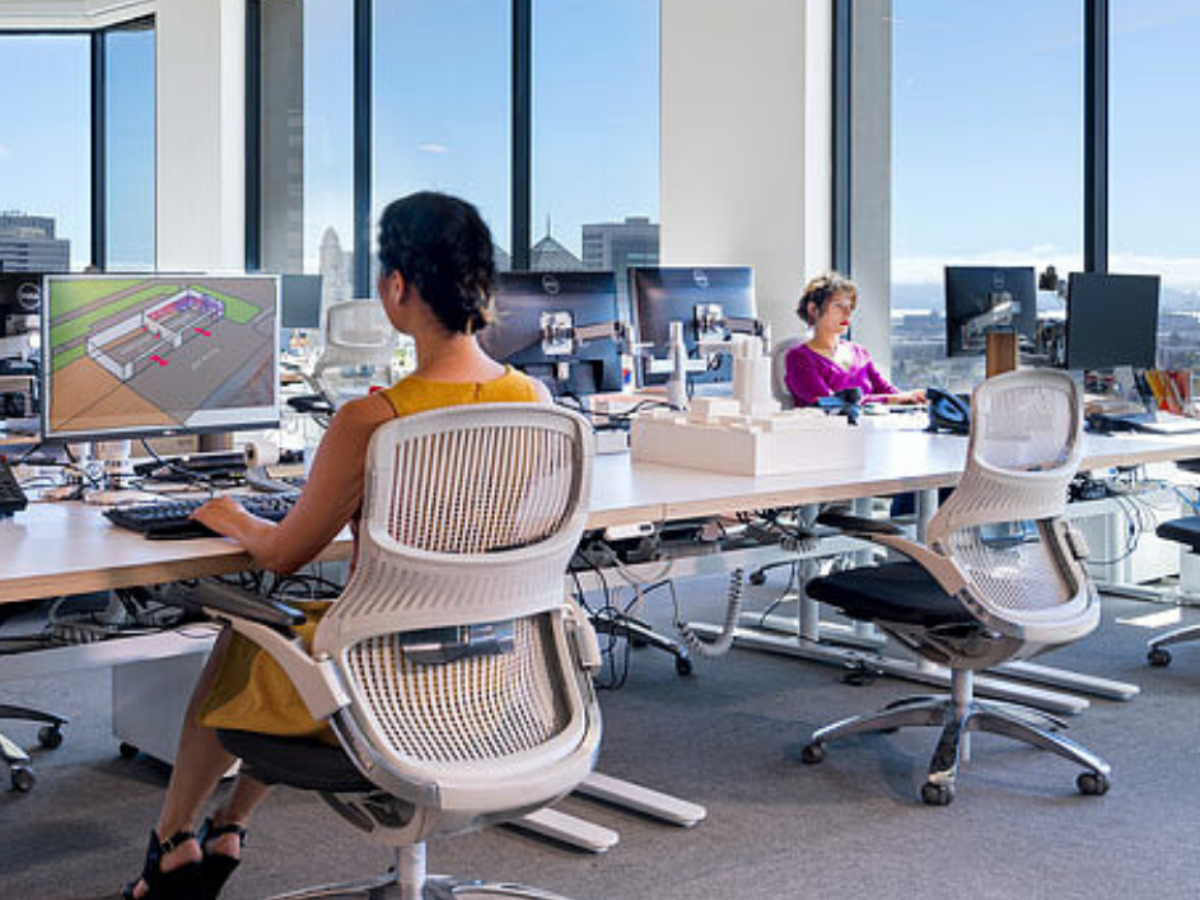
There is a distinctive, frequently unwritten cultural norm in Bangalore’s bustling business districts, where ambition and invention contribute to the city’s standing as India’s digital hub: a profound regard for one’s personal and professional space. Bangalore’s work culture quietly flourishes on limits, mutual respect, and a feeling of calm professionalism, in contrast to the fiercely competitive, fast-paced office cultures of several other major cities.
Although it may not be stated in policy manuals, this unwritten rule—not interfering, asking too many questions, or micromanaging—has a big impact on day-to-day office operations. Bangaloreans frequently maintain an imperceptible but potent ethos of “live and let live,” whether at co-working spaces, IT giants, startups, or creative studios. This blog examines the ways in which this nuanced value affects Bangalore’s workplace harmony, productivity, team relationships, and mental wellness.
The Foundation: A Culture of Courtesy and Individualism
This unwritten norm has its roots in Bangalore’s distinct cultural composition. Bangalore, which was formerly a part of the royal kingdom of Mysore, inherited a culture that valued civility, tact, and non-intrusiveness. The fundamental principle of respecting space remained constant despite the numerous influences brought about by the flood of individuals from all across the nation and the world.
This quality has developed into a contemporary, businesslike form of “mind your business, but be kind.” You’ll note that folks in shared workspaces give each other kind greetings but seldom ever encroach on one another’s personal lives. Though gossip, subjective opinions, and micromanagement are frequently purposefully avoided, conversations on deadlines, deliverables, and innovation are allowed to flow.
This conduct is a type of functional respect, where individuals value the time, attention, and independence of others. It is not only a result of being nice.
In Office Spaces: Quiet Zones, Not Battle Zones
You’ll notice a certain subtle serenity if you go into any Bangalore workplace, whether it’s the upscale campuses of Infosys and Wipro or the hip startup districts of Indiranagar or Koramangala. People respect one other’s personal space when concentrating and using headphones. Yes, there are conversations, but they are usually brief and mutually agreeable.
This results from a mutual comprehension:
- Never enter a person’s workstation or cubicle without permission.
- When a coworker is working, avoid peering over their shoulder.
- If someone is using headphones, don’t disturb them unless it’s really necessary.
- Unless there is an urgent situation, avoid making repeated calls to someone on Teams or Slack.
Even Bangalore bosses have a tendency to take a collaborative rather than an authoritative stance. Although there are defined goals and objectives, employees are frequently trusted to handle their own timetables, assignments, and procedures. This culture greatly lowers stress levels while encouraging innovation and ownership.
Work-Life Boundaries: Sacred and Respected
Work-life balance is more than just a catchphrase at many Bangalore-based businesses, particularly those led by millennial entrepreneurs or those that adhere to international HR standards. Unless there is an emergency, employees are rarely asked to attend meetings on the weekends or reply to emails late at night. There is an unwritten rule that says one’s family space, personal time, and mental capacity shouldn’t be infringed upon needlessly.
The IT and creative industries are where this culture is most noticeable. The majority of workers keep:
- “Do Not Disturb” times for important business or family obligations.
- Adaptable work arrangements, particularly after the epidemic.
- Consensus on offline time, particularly during holidays or vacations.
Bangalore’s culture increasingly values productive efficiency above continuous availability rather than exalting excessive effort. And many Bengaluru-based entrepreneurs and team leaders set an example for others to follow by modelling this balance at the top.
Respect in Diversity: Multilingual, Multi-Cultural Harmony
Bangalore is a linguistic and cultural melting pot. One team may include members who speak Bengali, English, Hindi, Malayalam, Tamil, Telugu, and Kannada. The city is distinct because individuals seldom ever force their language or traditions on others. There is an unwritten consensus to appreciate variety without feeling compelled to use a language that is widely spoken, often English.
For example:
- Whether you eat sattvic meals or non-vegetarian biryani, no one criticises your nutritional choices.
- All holidays and celebrations, including Ugadi, Eid, Christmas, and Onam, are observed.
- Casual and inclusive dress rules are common, allowing for everything from trainers to sarees.
This strengthens the fundamental idea of respecting individual identity and space by fostering an atmosphere at work where everyone feels welcomed without being closely examined.
Digital Etiquette: Space in the Virtual World
Bangalore’s ethos of respect for space has been brilliantly transferred into the digital sphere as remote and hybrid work has become the norm. Email sign-offs such as “reply at your convenience” or “loop me in only if necessary” are frequently seen.
Bangalore professionals usually use Slack, Google Meet, or Microsoft Teams as collaboration tools.
- Steer clear of too much prodding or labelling.
- Show consideration for “away” or “busy” statuses.
- To prevent squandering time, establish explicit meeting agendas.
- Before starting lengthy calls or conversations, ask.
Even in virtual meetings, debates are frequently conducted democratically, with equal speaking time and support for different points of view—without intrusive interruptions or combative language.
Challenges and Misunderstandings
Bangalore’s non-intrusive work atmosphere offers numerous advantages, but it also has drawbacks. Professionals used to more aggressive or fast-paced settings may mistakenly see this space-respecting approach as being distant or lacking in assertiveness.
The courteous, less combative tone may lead to misunderstandings or a lack of clarity in remote teams. It’s possible for constructive criticism to be so diluted that the point is missed.
In order to combat this, a large number of Bangalore-based businesses are aggressively supporting assertiveness training, performance-driven check-ins, and open feedback systems—all while maintaining the city’s mutually respectful culture.
Why This Culture Works: Trust Breeds Ownership
One essential component is at the core of Bangalore’s respect for space: trust. Employees frequently step up with greater accountability and performance when their time, decisions, and working methods are trusted.
This approach:
- Enhances mental health and lessens burnout.
- Promotes innovative problem-solving techniques without micromanaging.
- Creates welcoming teams that flourish on cooperation rather than rivalry.
- Draws and keeps talent, particularly from Gen Z and millennial workers who respect independence.
Perhaps the biggest advantage of a city that thrives on innovation is the freedom to think, develop, and change without continual intervention.
Conclusion
Being loud is not necessary to be productive in Bangalore’s workplace culture, which makes a strong message in a quiet way. The city has established a considerate, well-rounded, and human-centered workplace by upholding both personal and professional boundaries. Giving individuals the space they need to develop, think, and achieve at their best is more important than being detached.
Space in Bangalore is not just physical; it is also cultural, intellectual, and emotional. And by honouring it, the city has subtly created one of the nation’s most progressive, welcoming, and healthful workplace climates.





Leave a Reply